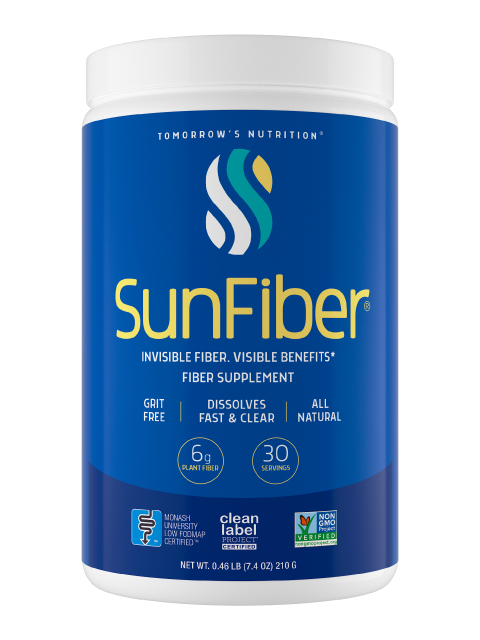
The Mayo Clinic suggests people eat more fiber.
Eat more fiber. That’s the advice of the Mayo Clinic. While fiber is widely known for its ability to help reduce constipation, higher fiber consumption has also been shown to provide a wider range of health benefits. Clinical research indicates that fiber plays a positive role in normalizing bowel movements, maintaining bowel health, lowering cholesterol levels, helping control blood sugar levels and controlling body weight.
According to the Mayo Clinic, the benefits of fiber include:
- Normalizes bowel movements. Dietary fiber increases the weight and size of your stool and softens it. A bulky stool is easier to pass, decreasing your chance of constipation. If you have loose, watery stools, fiber may also help to solidify the stool because it absorbs water and adds bulk to stool.
- Helps maintain bowel health. A high-fiber diet may lower your risk of developing hemorrhoids and small pouches in your colon (diverticular disease). Some fiber is fermented in the colon. Researchers are looking at how this may play a role in preventing diseases of the colon.
- Lowers cholesterol levels. Soluble fiber found in beans, oats, flaxseed and oat bran may help lower total blood cholesterol levels by lowering low-density lipoprotein, or “bad,” cholesterol levels. Studies also have shown that fiber may have other heart-health benefits, such as reducing blood pressure and inflammation.
- Helps control blood sugar levels. In people with diabetes, fiber — particularly soluble fiber — can slow the absorption of sugar and help improve blood sugar levels. A healthy diet that includes insoluble fiber may also reduce the risk of developing type 2 diabetes.
- Aids in achieving healthy weight. High-fiber foods generally require more chewing time, which gives your body time to register when you’re no longer hungry, so you’re less likely to overeat. Also, a high-fiber diet tends to make a meal feel larger and linger longer, so you stay full for a greater amount of time. And high-fiber diets also tend to be less “energy dense,” which means they have fewer calories for the same volume of food.



0 Comments